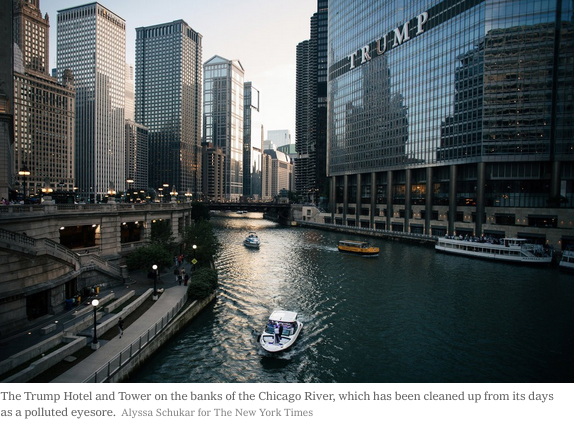The Trump administration views conservation and the environment primarily through the lens of conflict — of business versus government.
In this view, regulating pollution or setting aside public land means the private sector must be losing — and the administration says that must stop. So the administration favors looser rules on pollutants like mercury and pesticides. It has revoked the status of prominent national monuments to allow mining and drilling on the lands, and has tried to upend the Land and Water Conservation Act.
For 53 years, the bipartisan conservation act supported more than 40,000 conservation projects including expanding national parks, wildlife refuges and migration corridors, historic battlefields and the like, funded by a small fee on offshore oil drillers. The administration first called for a 90 percent cut to its budget and in October, Republicans in Congress effectively killed it (or, more accurately, chose not to renew it).
The problem with this kind of “zero-sum” thinking about business and the environment is that it is sometimes deeply incorrect. Sometimes, in fact, making rules more favorable to business can lead markets to fail and destroy private sector value, while cleaning up pollution or protecting public spaces can unlock value in the private sector and allow it to grow.




